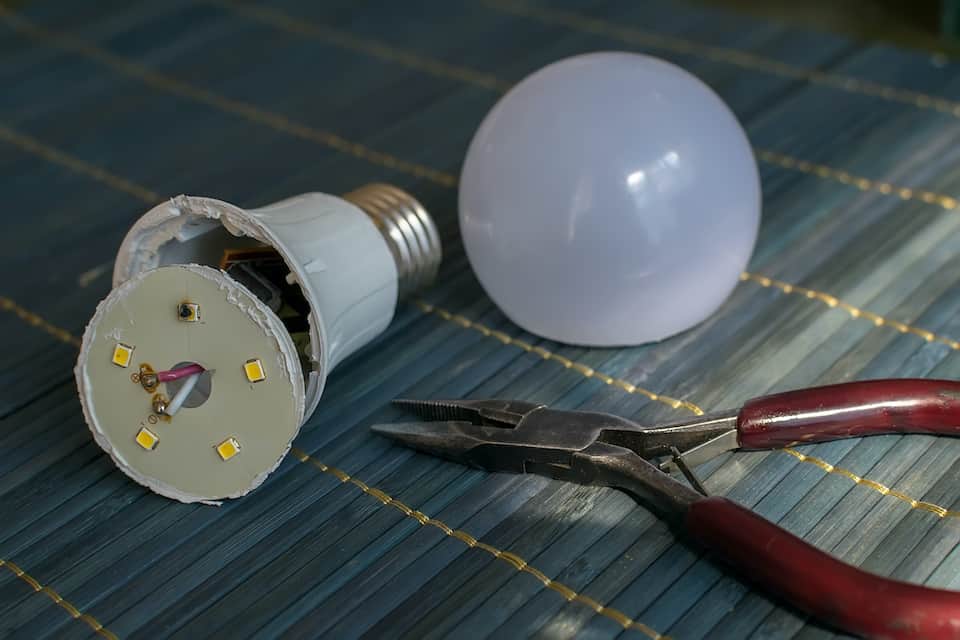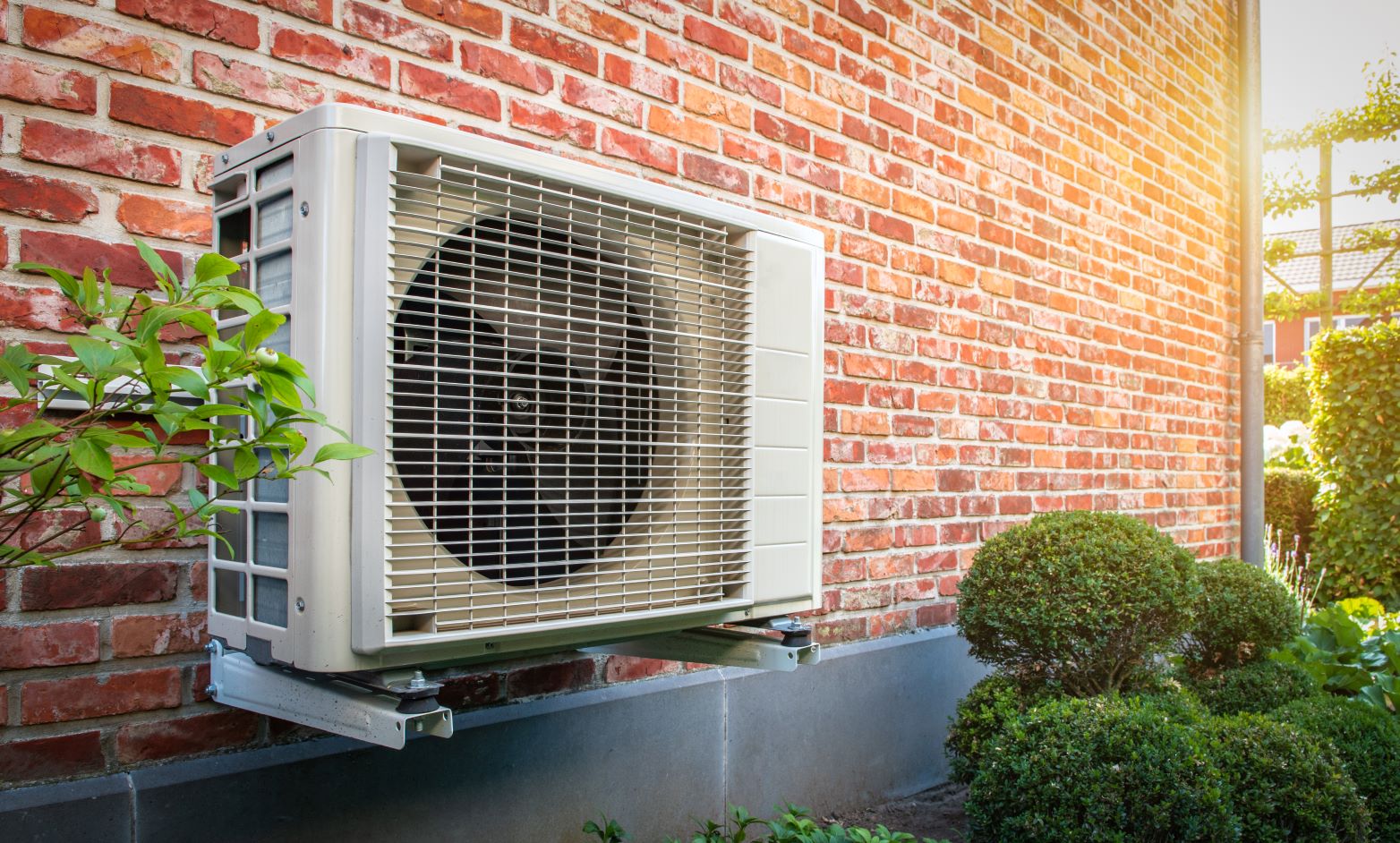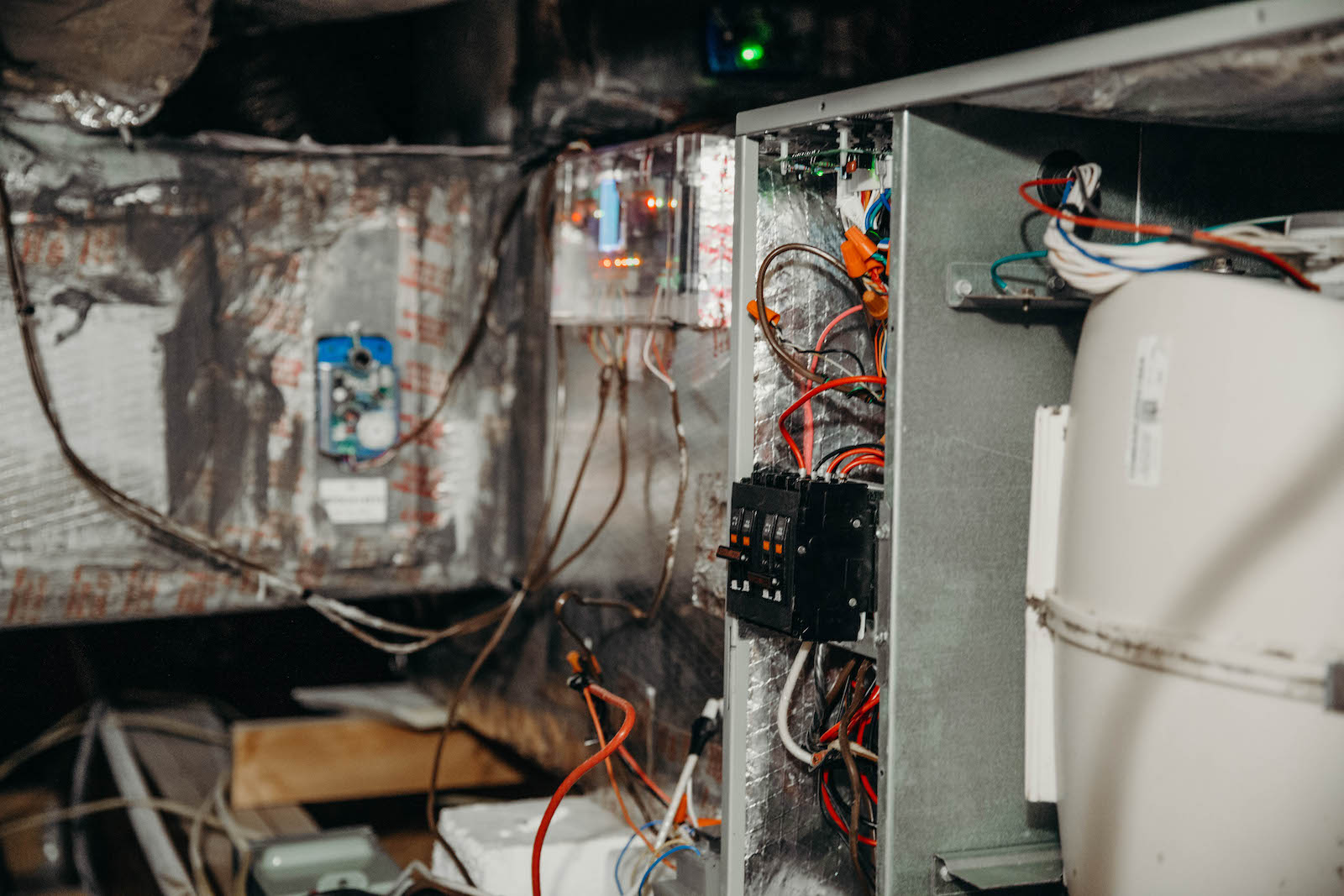How To Put Out An Electrical Fire: (Safety Tips & Major Causes)
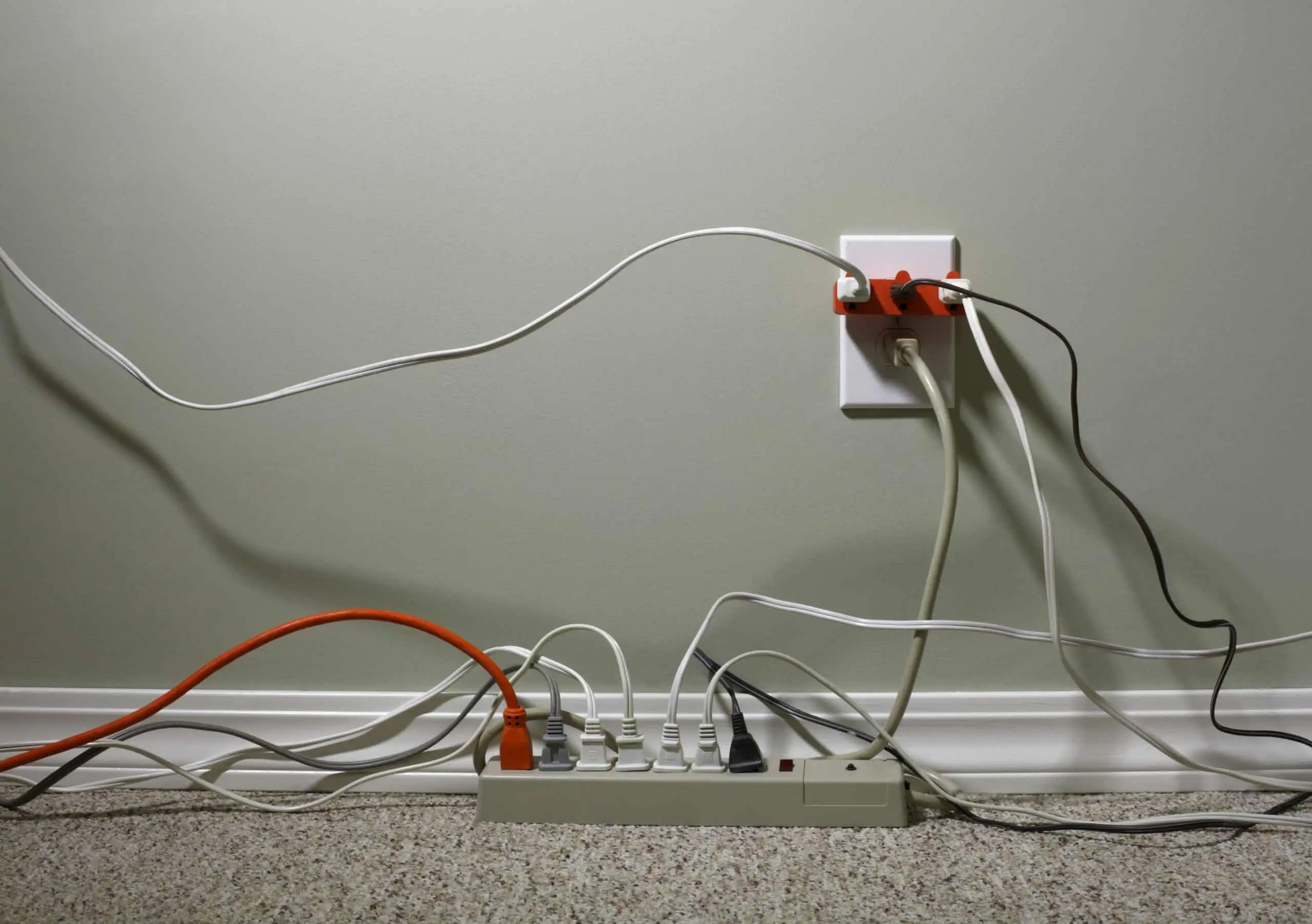
Did you know, that over 50,000 electrical fires are reported each and every year, accounting for 500 deaths, 1,400 injuries, and over $1 billion in property damage?
For this reason, learning how to put out an electrical fire should be a priority when it comes to the safety of your family and home.
In this post, we’ll break down the causes of electrical fires, how to prevent them, and how to put out an electrical fire using the right methods.
How to Put Out An Electrical Fire
You never want to be in a situation where you’re trying to put out a fire in your home. That’s why it’s essential to work on preventative measures and work with an experienced and trustworthy electrician team, like 4Front Energy.
However, if you ever find yourself face-to-face with an electrical fire, here is how to safely put it out.
First and Foremost, Contact 911
Even if you notice the fire before it gets too big, you should still immediately call 911 as soon as you see it. Fires can spread quickly, and if you are unable to put them out, you’ll want backup already on its way.
Make Sure You Have Exits
The rule of thumb when you encounter a fire in your home is to ensure you have clear pathways to exit the home. So, before trying to put the fire out, ensure you have two pathways. If one of the pathways becomes blocked by the fire, then leave your home immediately and wait for the fire department outside.
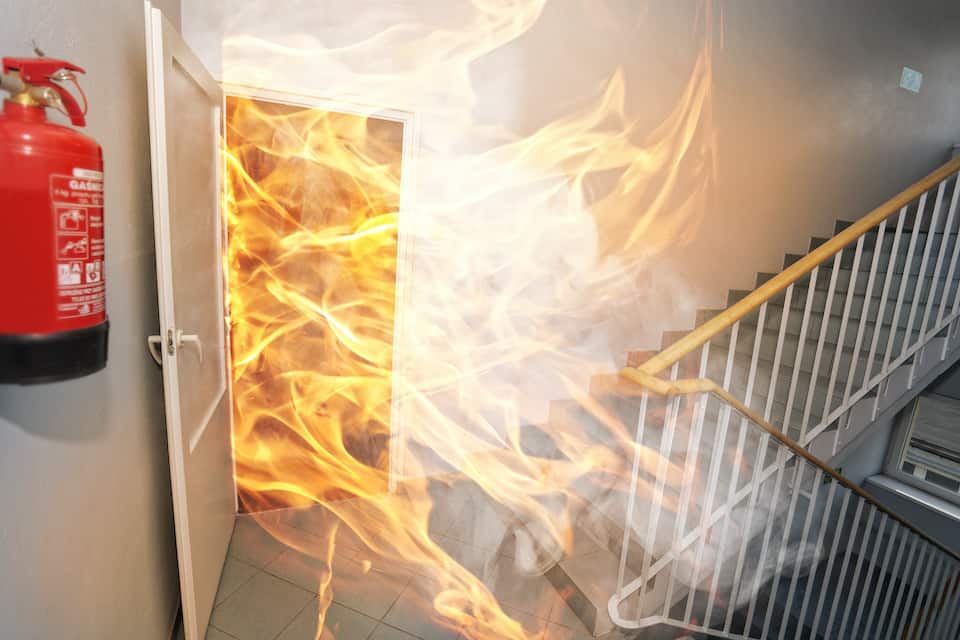
Disconnect the Source From Electricity
If possible, disconnect the source of the electricity before attempting to put the fire out. Unplugging the appliance or turning the power off on your electrical panel will help keep the flames from spreading.
Use Baking Soda For Smaller Fires
Baking soda can actually be used to take down smaller electrical fires. For example, if your toaster were to catch on fire, quickly pouring baking soda on it can actually extinguish the flames. According to firefighternow.com baking soda contains sodium bicarbonate, which is also in many fire extinguishers.
Don’t Use Water if the Power is Still on
While you may instinctively think to use water to put on the fire, don’t do that until you’ve disconnected it from the power source. Otherwise, you may receive a severe shock.
4 Major Causes of Electrical Fires
To ensure that you cover all your bases, here are 4 common causes of electrical fires to be aware of.
Faulty Electrical Outlets or Appliances
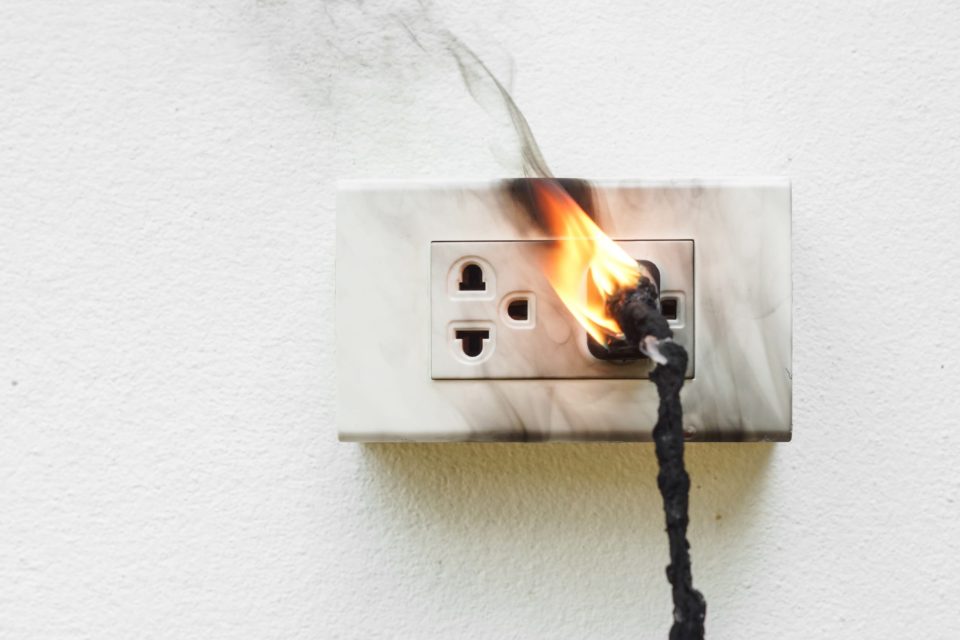
Many electrical fires are caused by faulty outlets and outdated appliances. Make sure you install your outlets properly. In addition to avoiding appliances with frayed or worn cords, never run cords under rugs. Be wary of faults in receptacles and switches too.
Be Cautious Of Outdated/Faulty Wiring
Older homes—such as those built over 20 years ago—may be vulnerable to wiring issues. This is because older homes’ electrical wiring may be outdated, and therefore cannot handle the increased amounts of electrical appliances in today’s average home. For example, there are computers, printers, televisions, gaming consoles, microwaves, chargers for devices, and more, that all use electricity within a home. Outdated wiring may be overloaded by all this electricity use and can lead to a fire.
Too Many Extension Cords
Because there is more being plugged into outlets in the average home than ever, extension cords are often needed when other outlets are being used. However, extension cords should only be used for a short amount of time (for example, if you need to vacuum an area of your home that is far from an outlet). Using an extension cord as a permanent solution may lead to an electrical fire.
Misuse of Light Fixtures
Improper use of lamps, light bulbs, and light fixtures is another way to increase your risk of an electrical fire in your home. Always pay attention to the wattage of a light bulb when installing a light fixture and make sure it’s not over the recommended amount. Also, avoid placing cloth or paper over a lampshade, which can lead to a fire.
Preventing Electrical Fires
Here are some more tips on how to reduce the chances of an electrical fire in your home:
Keep heat-producing appliances unplugged when you’re not using them
Never cut off the third prong on a power cord
Update your home’s electrical system if it’s outdated
Never use damaged power cords
Don’t ignore potential signs of trouble, including burn marks around sockets or light switches and power cords feeling too hot
When In Doubt, Contact A Professional Electrician
If you notice any of these issues in your home or suspect that your home may be susceptible to an electrical fire, having a professional electrician come in for an inspection is the best course of action. At 4Front Energy, we offer extensive safety inspections. We’ll leave no stone unturned until we are certain that your home is safe for you and your family. Contact us today to set up your FREE Consultation.
Request Service

Why Choose 4Front Energy?
We’re a Service Company, Not a Sales Company
- Licensed, bonded & insured contractor
- Trusted Twin Cities service provider for nearly 30 years
- Reliable service excellence
- One number for electric, HVAC, and plumbing
- Stand behind our work with integrity
- Fair and straightforward pricing
- Provide invaluable comfort and integrated efficiency
- Technicians that take pride in their work

